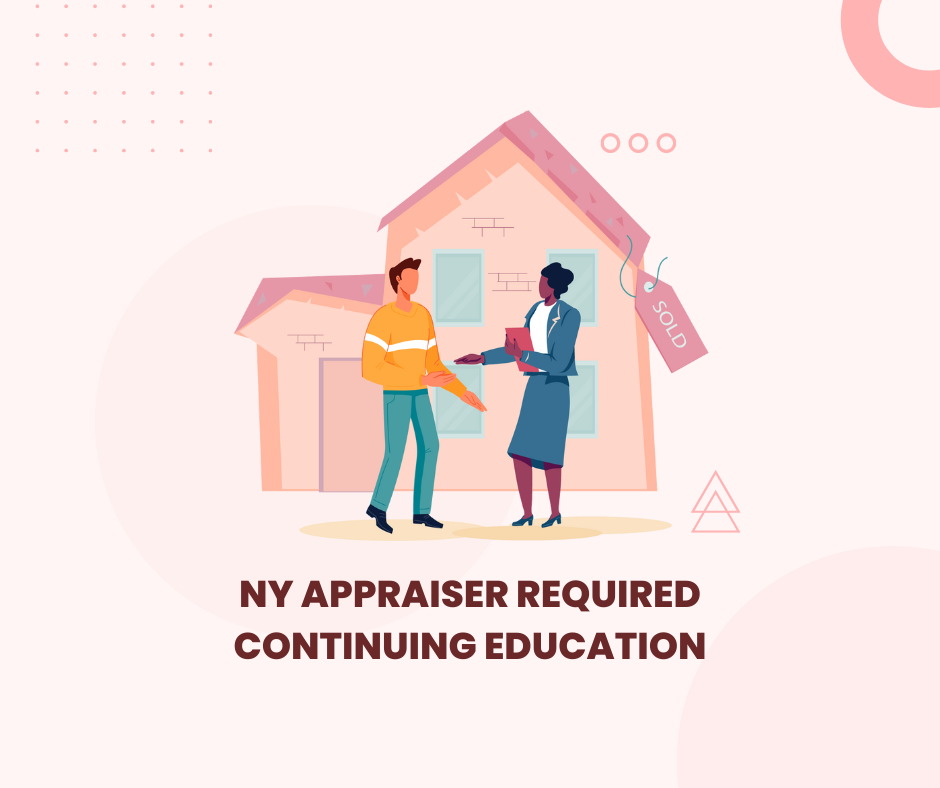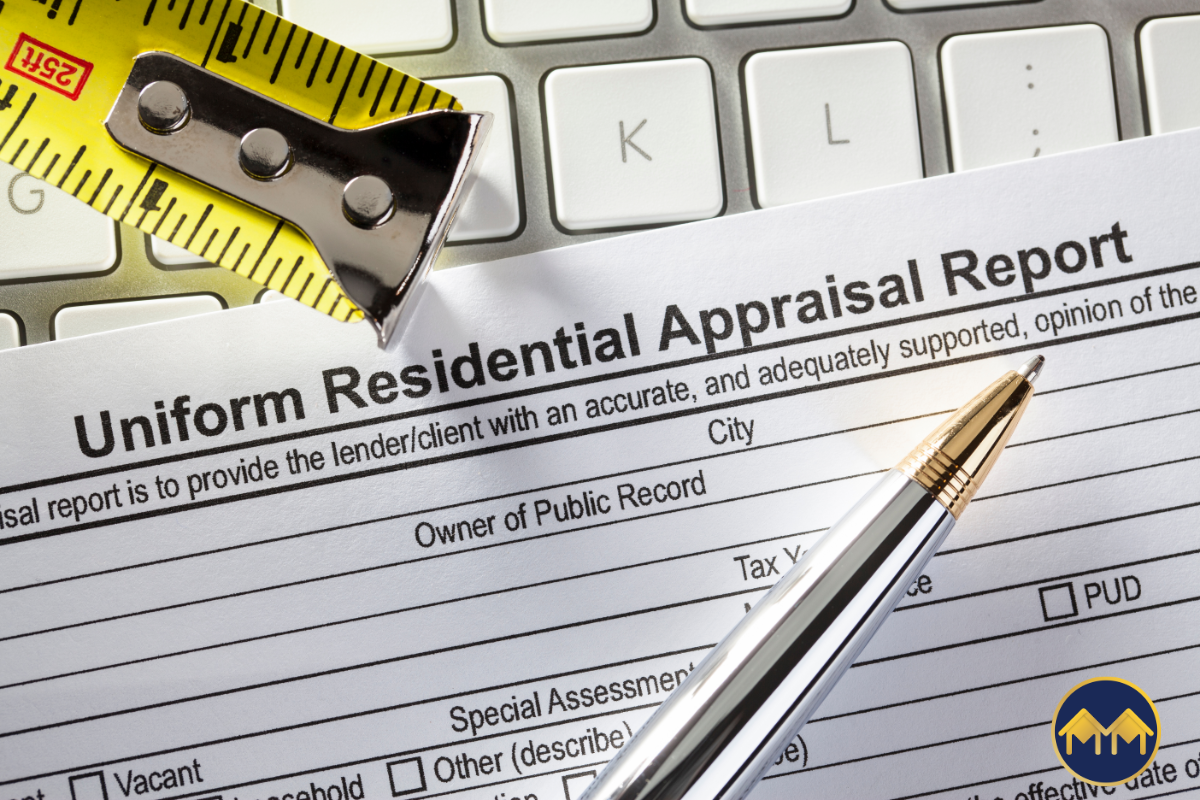The ebb and flow of the real estate market are nothing short of fascinating. And those within the industry, appraisers, agents, and educators alike must be ever-vigilant to the changes that can reshuffle the deck of property valuation. The spotlight today is on the National Association of Realtors (NAR) lawsuit. A hot topic stirring a maelstrom of conversations, especially on how concessions might be handled moving forward. As a school that stands at the intersection of education and real-world application. Manfred Real Estate School takes a keen interest in dissecting these industry shifts.
The Heart of the Matter: Concessions and Appraisal Value
Traditionally, the commissions for the buying and selling side have been a “baked-in” market expectation. This standard operating procedure wasn’t something appraisers needed to untangle because the dealing with these costs has been standard practice. Now, with the NAR lawsuit potentially altering how buyer’s agent commissions are perceived. Possibly treating them as concessions, the realm of property appraisal faces new questions. The burning one: Is there a material price difference between homes with and without the seller paying for the buyer’s agent commission?
Appraisers, in their professional role of determining property value, do not directly subtract concessions from a home’s value. Instead, they take on the responsibility of reflecting these in the comparable sales, aka ‘comps.’ An honest assessment of a property’s worth looks at these comps to comprehend the true market value, not just the terms of a contract. Understanding this methodology is foundational for engaging with the upcoming changes intelligently.
Insights from Fannie Mae
Where might the direction on this issue come from? Likely from entities like Fannie Mae, which have a significant voice in setting appraisal standards. According to Fannie Mae’s Selling Guide, concessions must be meticulously adjusted to reflect their impact on sales prices based on market status at the time of sale.
While it remains unclear where exactly buyer’s agent commissions will fall regarding these adjustments. It is not unthinkable for Fannie Mae or similar agencies to offer guidance on how to incorporate such factors if they become recognized as concessions. This shift could impact how appraisers approach the valuation process.
New Horizons Ahead: Appraisers and Industry Professionals Adapting
Change invites opportunity. Appraisers and real estate professionals are likely to face a learning curve. Here’s how one might navigate upcoming changes:
- Stay Informed: Keep a close watch on developments arising from the lawsuit and the responses from authoritative bodies like Fannie Mae.
- Enhance Knowledge: Engage in educational offerings that keep pace with industry advancements and provide insights into new best practices.
- Embrace Community Dialogue: Foster discussions with peers to exchange views. Not every appraiser will interpret or implement new guidelines in the same way—diversity in perspectives can provide a broader understanding.
- Prepare for Practical Application: Reflect on transaction scenarios and how these interpretations might play out in real valuations.
The Path Forward: Developing New Best Practices
As the industry stands on the precipice of potentially significant changes, education and adaptability will be the pillars of a smooth transition. Manfred Real Estate School encourages a forward-thinking stance, preparing our students to excel in a dynamic professional landscape:
- Cultivate Adaptability: Facing new guidelines head-on, with a willingness to adapt, will be an asset.
- Critical Thinking: Applying a critical lens to analyze how concessions might affect market value will be more crucial than ever.
- Ethical Valuation: Ensuring that all adjustments for marketplace concessions adhere to ethical standards to reflect fair and honest appraisals.
Optimistic Prognoses
In real estate, one truth persists: the market is an exceptional problem-solver. As has been the case throughout history, buyers, sellers, and real estate professionals adapt and rise to the challenges presented. Time will reveal trends, solidifying the role and handling of concessions within the appraisal process.
Your Take?
As we explore these emerging scenarios, one question remains at the forefront: How do you think how concessions might be handled moving forward? Your insights are invaluable—share your thoughts, your predictions, and engage in the conversation that shapes our collective future in real estate.
Subscribe to Manfred Real Estate School for more real estate knowledge. Let’s navigate this journey together, staying ahead of the curve for the benefit of our clients, our businesses, and the integrity of the real estate market.
Real estate professionals are known for their agility—let’s leap into the future with confidence and curiosity shaping our path to continued understanding and market savvy.
Related Blog Posts
Join Over 100,000 Students Enjoying Manfred School Now
Become Part of Manfred School to Further Your Career.





